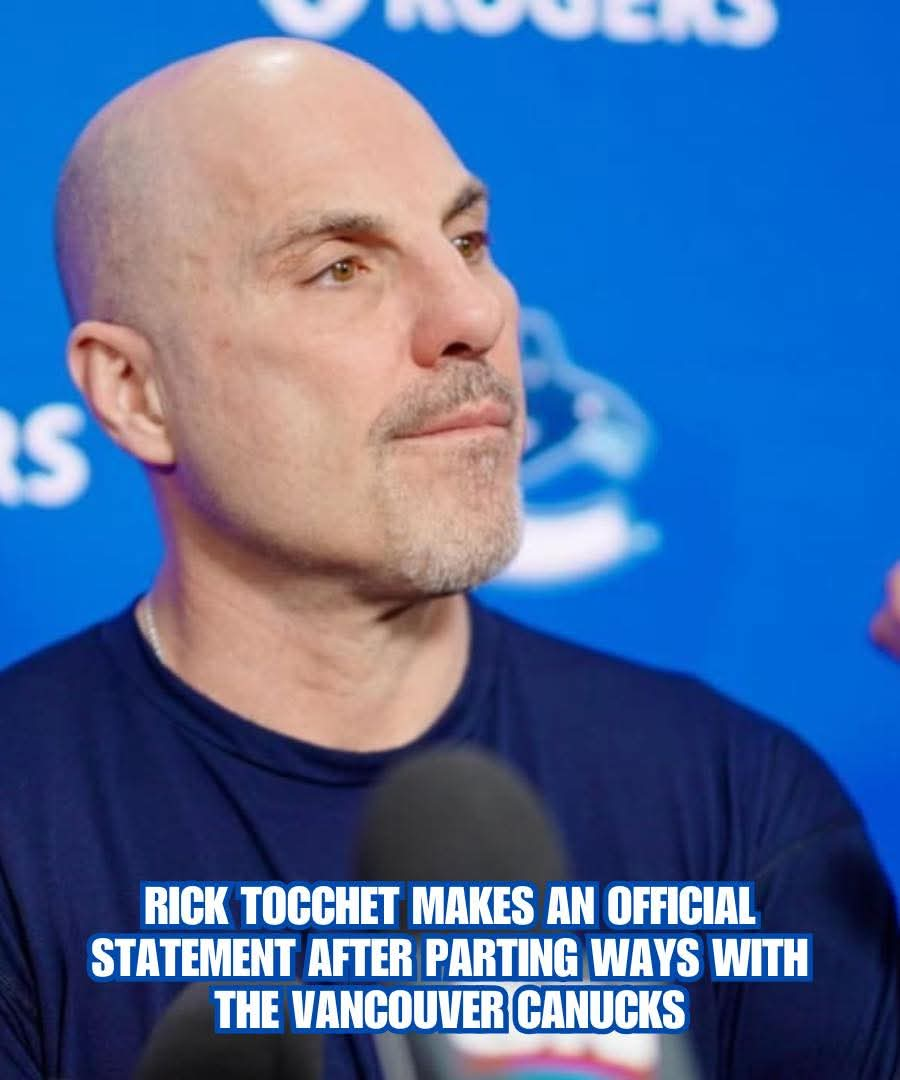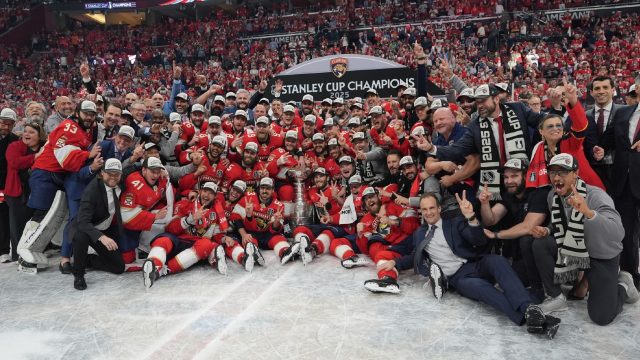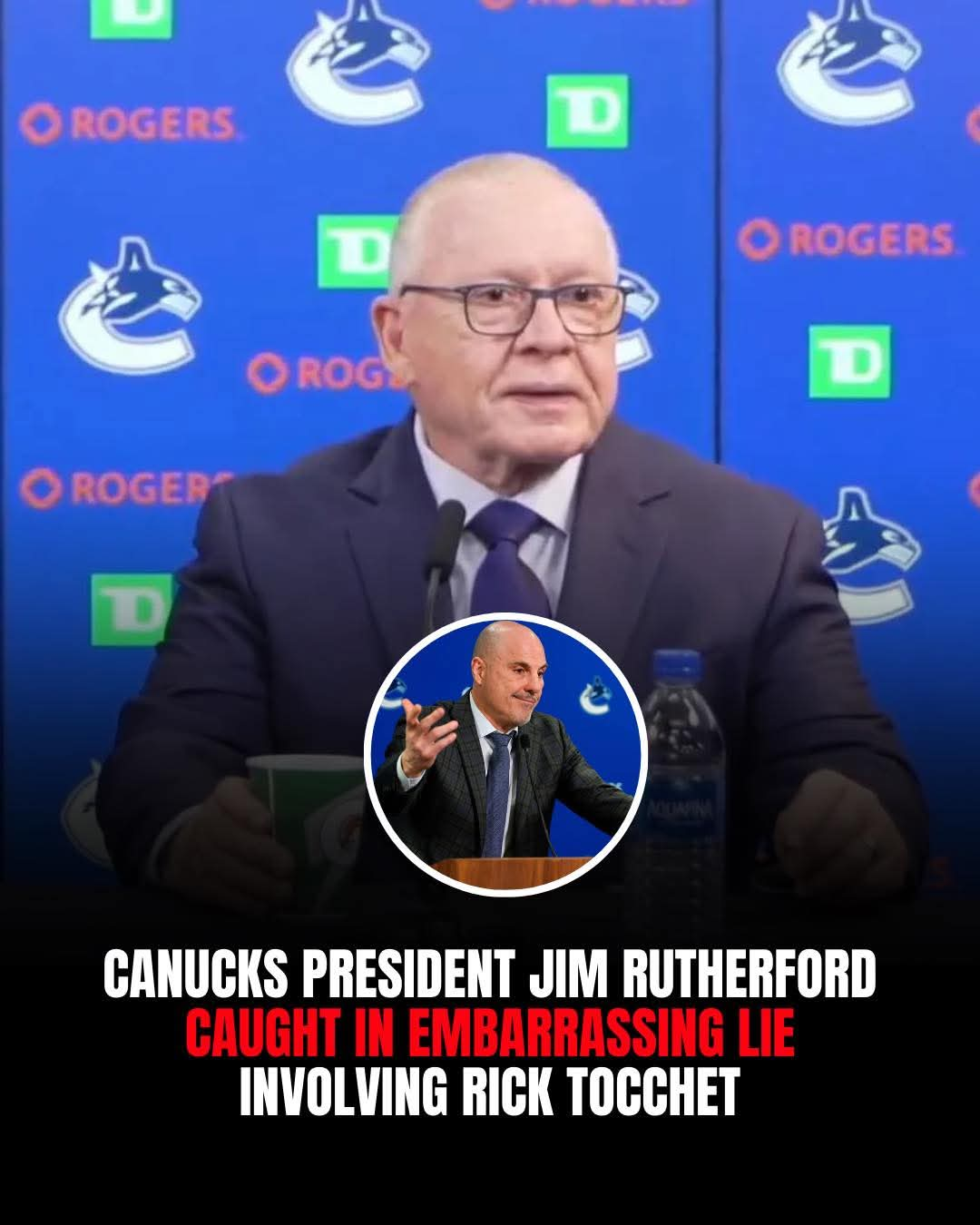The Florida Panthers’ recent decision to sign forward Sam Bennett to a massive eight-year, $64 million contract extension has sparked significant backlash and criticism across the NHL community. Despite Bennett’s remarkable performance in the playoffs — where he earned the prestigious Conn Smythe Trophy — many analysts believe the Panthers may have taken an unnecessary and dangerous gamble on a player whose long-term value is far from certain.
NHL analytics expert Dom Luszczyszyn has been one of the loudest critics of the deal, labeling it “incredibly risky” and arguing that the franchise has made a serious financial misstep. In his analysis published in The Athletic, Luszczyszyn states that the Panthers have significantly overpaid for a player whose contributions, while impactful in the postseason, may not justify such a hefty price tag over an extended period.
The Numbers Don’t Add Up
According to Luszczyszyn’s valuation model, Sam Bennett’s current market value is closer to $5.5 million per year, which makes the Panthers’ $8 million annual commitment a significant $2.5 million overpay. Over the life of the eight-year contract, that amounts to a total excess of approximately $20 million. For a team operating under a salary cap, such a disparity can severely limit flexibility in future roster decisions and potentially jeopardize the team’s ability to remain competitive.
What makes this deal even more concerning is Bennett’s age and playing style. The contract will carry him through most of his 30s, a period during which many players begin to experience a decline in speed, stamina, and overall performance. Luszczyszyn warns that while the first three or four years of the deal might provide decent value, the back end of the contract could become an albatross for the organization — especially if Bennett’s physicality fades or injuries become an issue.
More Than Just the Money — Defensive Gaps Raise Flags
One of the biggest knocks on Bennett, despite his offensive flashes, is his defensive liability. Although he plays with intensity and shows strong effectiveness during 5-on-5 play — ranked in the 95th percentile offensively — his defensive Net Rating sits at -1.1, placing him in the 28th percentile league-wide. In simpler terms, while Bennett can drive offense, he struggles significantly in his own zone.
This one-dimensional nature could make him a defensive liability on the ice, especially as he ages. If his offensive production slows down and his defensive struggles persist, Bennett might become more of a burden than an asset. Critics argue that such risks should have been factored into the negotiation, but it appears Florida overlooked the long-term analytics in favor of short-term playoff memories.
A Playoff Hero, But Not a Regular-Season Juggernaut
Bennett’s reputation was elevated dramatically following his Conn Smythe Trophy performance during the Panthers’ deep Stanley Cup playoff run. His tenacity, clutch scoring, and grit made him a fan favorite and a crucial component of Florida’s postseason success. But the reality is that Bennett’s regular-season output has been far from elite.
Unlike other NHL stars who command big contracts due to consistent regular-season scoring, Bennett’s value is largely based on his ability to rise in the playoffs. However, building a multi-year, high-dollar contract around postseason performance is inherently risky. The playoffs are a small sample size, and past success does not always guarantee future impact — especially over eight seasons.
Why Did Florida Take the Gamble?
Many fans and analysts are wondering why the Panthers, a team that has often operated efficiently in terms of contracts and salary cap management, would make such a bold move. According to Luszczyszyn, context matters. For other NHL franchises, this deal would likely have been considered reckless. But for Florida, the circumstances are different.
Over the past few seasons, several Panthers players have signed team-friendly contracts, giving Florida extra room to maneuver under the salary cap. These discounts — whether from younger players looking to prove themselves or veterans chasing a championship — have given Florida more financial flexibility than most of their rivals.
As Luszczyszyn points out: “Signed by another team, Bennett’s new deal would’ve been incredibly risky. For the Panthers, and the Panthers only, it’s a risk they can easily afford.” In essence, Florida is gambling on the idea that Bennett’s playoff heroics can be replicated and that their financial cushion will insulate them from any potential fallout.
The Deal Ranks Among the Worst in the League
Despite Florida’s cap flexibility, Luszczyszyn didn’t mince words in his overall assessment. He ranked Bennett’s deal as the eighth-worst contract in the NHL, based on his value projection model. This ranking takes into account not only Bennett’s on-ice performance metrics but also age, injury risk, positional value, and comparable player contracts across the league.
This unfavorable ranking casts a shadow over what should have been a celebratory moment for Bennett. Earning a long-term deal after winning playoff MVP honors is typically a feel-good story, but the analytics community has swiftly turned the narrative into one of caution, if not outright criticism.
What’s Next for the Panthers and Bennett?
The big question now is how this deal will age — and whether the Panthers will ultimately regret the move. If Bennett can maintain his physical style of play, stay healthy, and continue to contribute in the postseason, the deal might not look so bad in hindsight. But if his production dips and his defensive weaknesses are exposed further, the $64 million price tag could become one of the more glaring missteps in modern NHL contract history.
For now, the Panthers are banking on Bennett’s unique combination of toughness, leadership, and clutch scoring to justify the risk. They’re hoping that the culture they’ve built, and the momentum from their recent playoff success, can carry Bennett — and the team — to continued success.
In the end, this deal is a gamble. It’s one that might pay off, but also one that could burden the Panthers for nearly a decade. Whether Bennett proves the critics wrong or confirms their fears will unfold on the ice over the next eight seasons. But one thing is clear: this contract has already made waves across the NHL, and its scrutiny is far from over.



